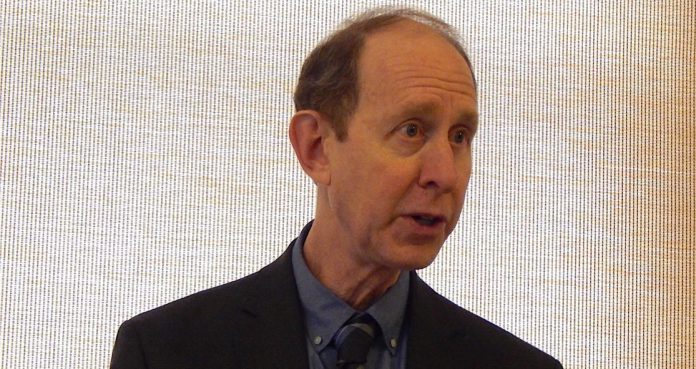On the eve of a raucous congressional hearing about the growing public health concerns about measles outbreaks, Dr. Mark Levine, the Vermont Health Commissioner called for a concerted effort to get rid of measles.
In a letter sent to the Congress, Dr. Levine mentioned that the recent outbreaks have shown that measles, a vaccine-preventable infectious disease that was eliminated in 2000, has once again caused an issue of concern across the United States.
The health commissioner attributes this to the spread of misinformation on the internet, encouraging people against vaccination.
Dr. Levine said, “Several of the outbreaks around the country started among communities with low rates of vaccinations. The growing incidence we are seeing is often the result of the spread of inaccurate or misleading information about these safe and effective vaccines.”
Measles is one of the serious and highly contagious diseases. The clinical features of measles include a rash and fever, which can lead to complications such as pneumonia, chronic brain damage, deafness, and even death.
Since the outbreak begun in January, measles cases have been reported in 10 states, with an estimated 159 confirmed cases reported.
Vermont’s health commissioner specifically mentioned the ease with which misinformation has been made available on social media platforms, and its impact on people who are seeking facts about vaccinations.
Dr. Levine wrote, “It is unconscionable to me that information and opinion influencers, such as social media platforms like Facebook, YouTube, Pinterest, Twitter and Instagram, are not leaders in ensuring that credible, scientifically-based information and resources are prioritized as part of their user experience algorithms.” “Misinformation and misleading information contribute to the modern-day assault on science and evidence. It is a social responsibility of social media to prevent the spread of health-related misinformation and content.”
As a physician, he encourages parents and caregivers to get the information they need so that they can make an appropriate decision on vaccinating their children. He wrote to Congress that he is writing on behalf of people who will experience the benefits or risks of the quality of the information on the internet.
Meanwhile, the CDC has recommended that all children get the MMR (measles-mumps-rubella) shot.
Dr. Levine added that vaccines, like medicines, may have adverse effects, but that the MMR shot is very safe and most children who get the shot have no adverse effects. According to the Vermont data for 2018, 97.2 percent of students met the MMR school vaccination requirement. And children, who were not vaccinated, contracted measles and were hospitalized. The health commissioner said, “This is a winnable battle. We should be looking forward to the final stretch of eliminating measles as a threat here at home and across the globe.”























